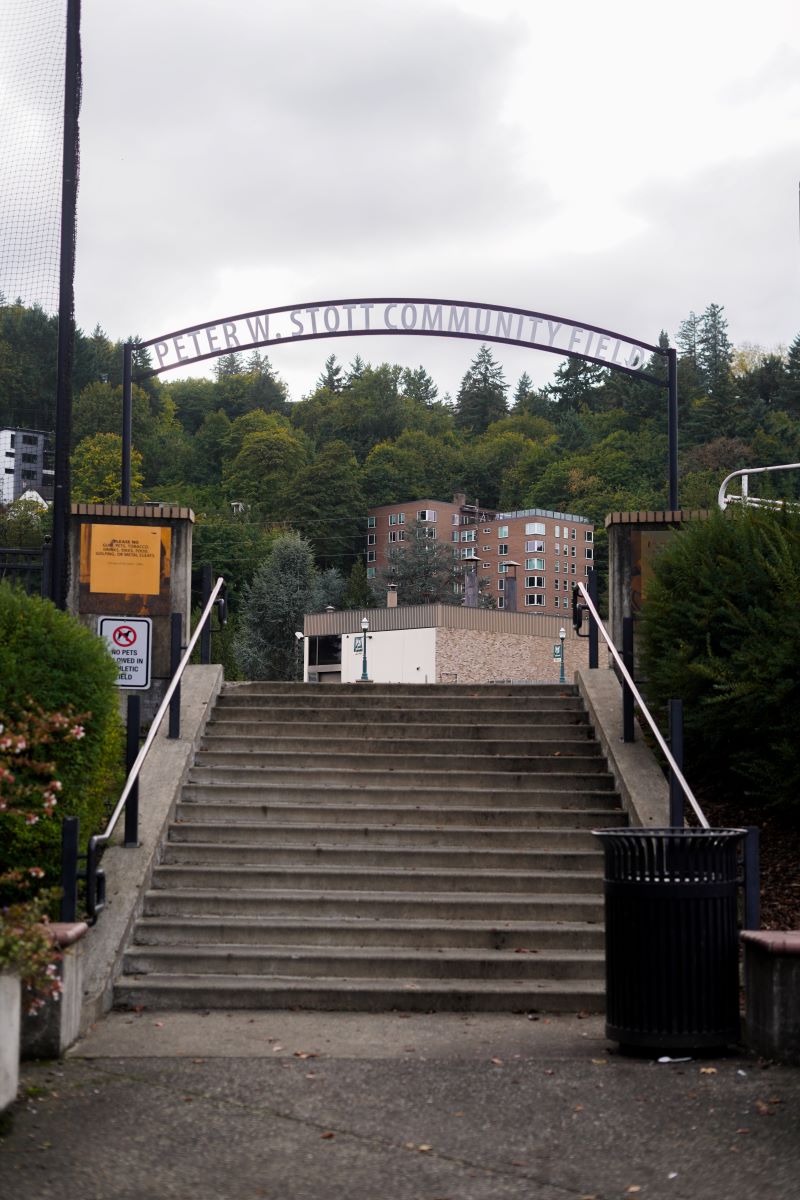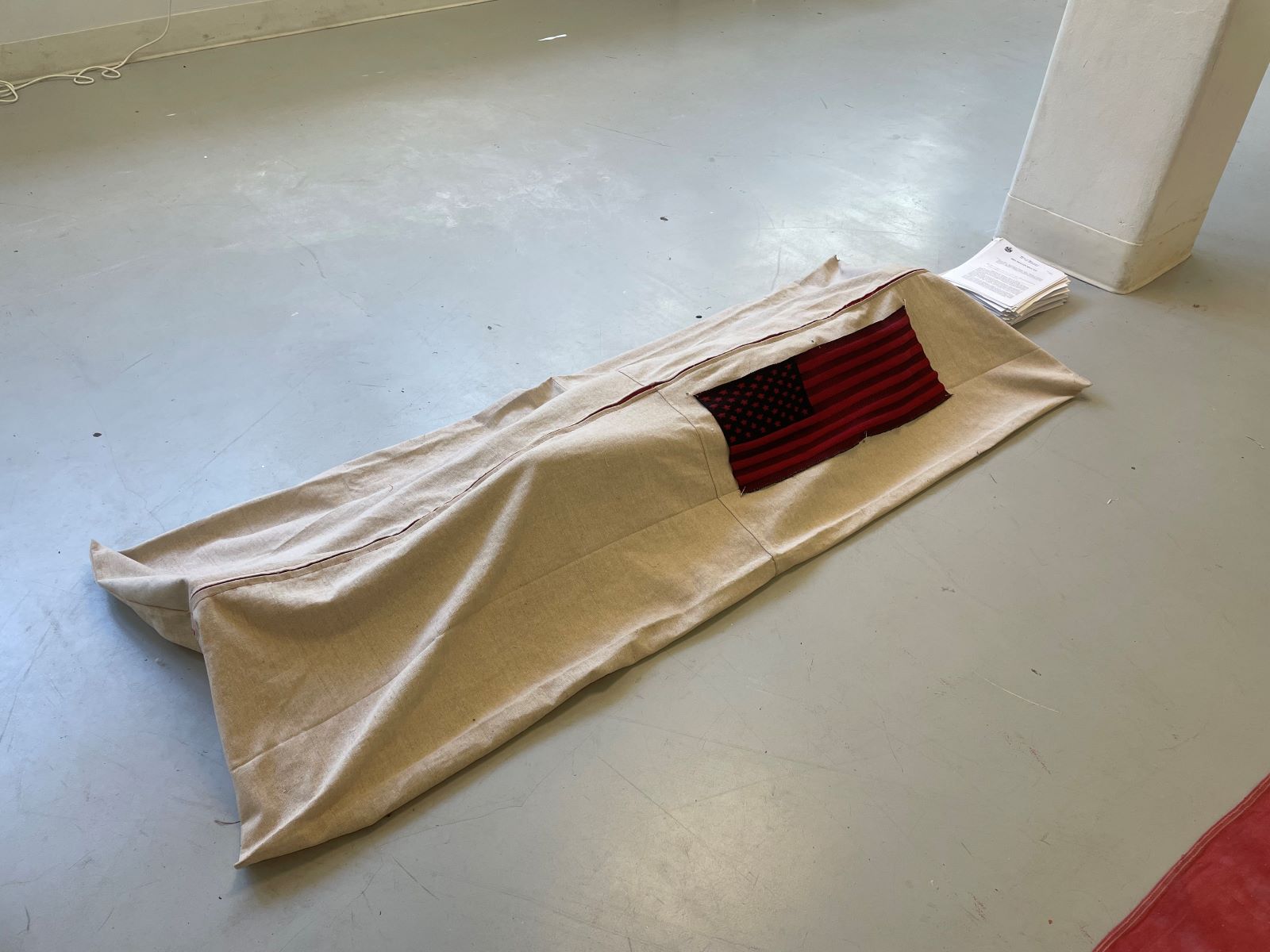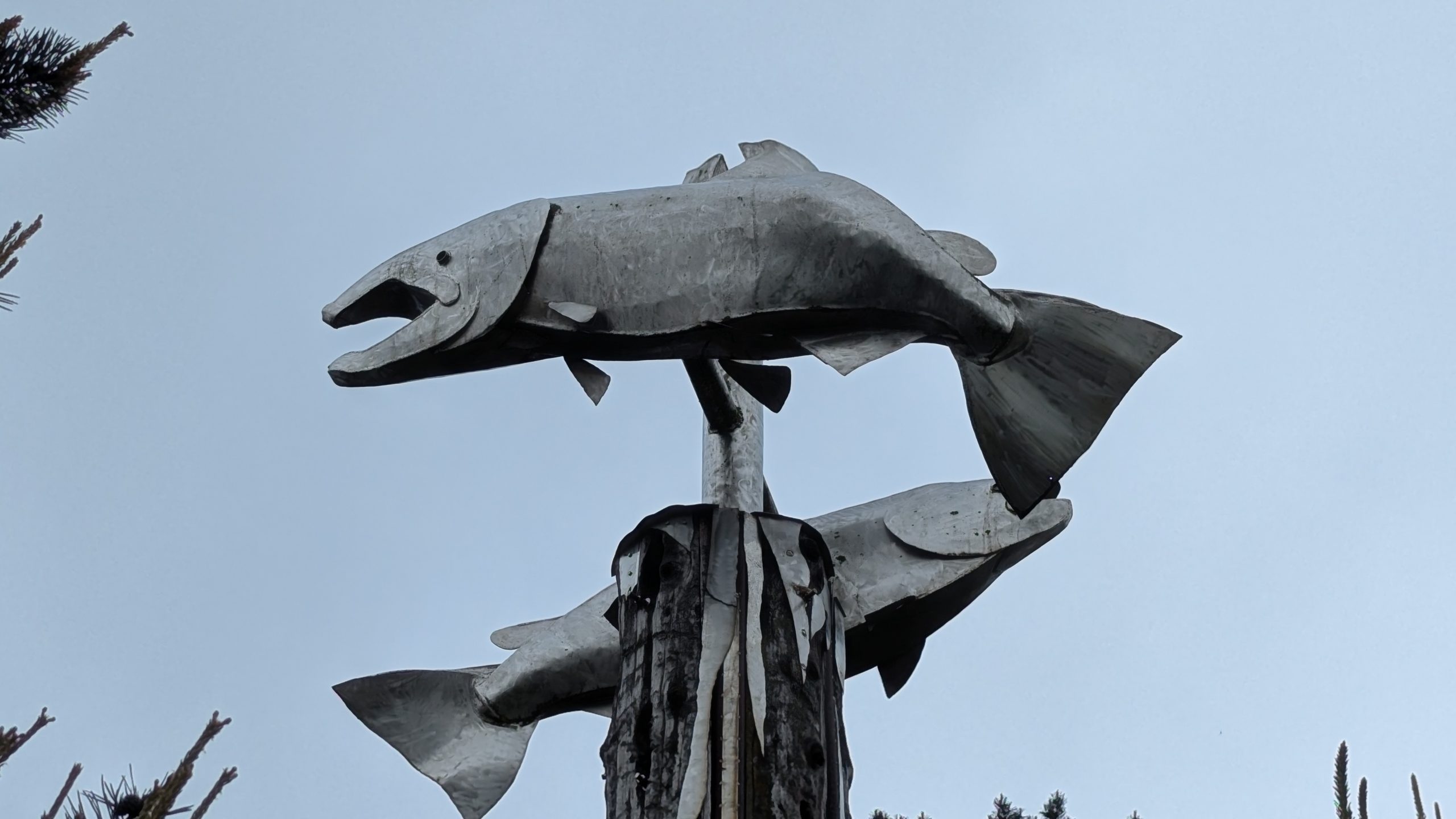In 2018, the Portland State Vikings initiated their move to Hillsboro Stadium as their primary venue. This decision initially arose due to the renovation of Providence Park, and later because of scheduling conflicts with professional soccer teams—the Portland Thorns and Portland Timbers—who also call the facility home.
By 2019, the Vikings had firmly established their presence at Hillsboro Stadium, aligning themselves with the softball and women’s soccer teams which had already made this location their home.
Daniel Coppedge—a PSU track and field hammer thrower—offered his perspective on PSU’s sporting events in Hillsboro, a significant distance from the main campus, specifically the impact on school spirit and the sense of community among students and fans.
Coppedge points out that being a commuter school means students are accustomed to traveling. Moreover, he notes that many events are often discovered through word of mouth rather than stumbling upon them.
However, Coppedge believes having a central location for sports events is vital in fostering school spirit and traditions. “It can also spark traditions in the school, which is important for the community in the long run,” he said.
While many PSU teams don’t have a local location for games, most have at least a practice space. Football, soccer and track teams have close local practice fields and tracks.
However, Coppedge and other throwers don’t. “It’s a uniquely tough situation [that] I and other throwers on the team are in due to the absence of a hammer facility on campus, let alone one near downtown,” he said.
The hurdles in constructing a proper hammer cage in an urban setting compounded by the city’s reluctance to allocate space for such facilities make it a complex issue.
For the fall, Coppedge opts to train with the Super Thrower Track Club in Oregon City, acknowledging the inconvenience of the long commute. “It’s like a home base for me, having transferred from Clackamas Community College,” he said. Despite this, Coppedge remains committed to working out and lifting at PSU.
Balancing academics and training is a complex juggling act for Coppedge, given his commuter status. “I’m on campus only three days a week with my current class schedule,” he said. “On those days, I wrap up my classes, conduct my workouts on campus and utilize my off-days to train at the community college.”
This intricate schedule becomes particularly demanding during the competitive season, which is when class schedules need to align with practice times and competition days.
Off-campus training has a unique set of challenges, and Coppedge reflects on his approach. “I trust my club coach’s judgment on my training, but seeing any type of coach for only 1–2 days a week can affect how I perceive my performance,” he said.
As a compensatory measure, Coppedge often trains alone during weekdays, recording videos of his throws and making adjustments independently. While challenging, this approach has taught him to be more forgiving of himself and stay dedicated to his craft. “The more you overthink, the more you tend to tense up and stray from your body’s natural movement,” he said. “The mind and body must flow together like water, so you just have to accept the mistakes you’ll make along the way.”
Even though Coppedge trains off campus, he maintains a strong connection with his college team and coach. “I have a great relationship with many of the throwers and other athletes on the team, as well as the head coach, Jonathan Marcus,” Coppedge said. He believes that with the arrival of the winter season, the team’s youthful energy will usher in an exciting period.
When asked how PSU could provide better support for track and field athletes who lack access to essential facilities, Coppedge recognized that this is a challenge for the school and the city.
In the face of these challenges, Coppedge’s dedication to his sport remains unswerving. He acknowledges the obstacles but is determined to realize his dream. “My dream is to throw 215 feet in the hammer, and I’m willing to do so much more than what I’m doing now to never lose sight of that goal,” he said.
Coppedge’s journey as a track and field athlete at PSU sheds light on student athletes’ challenges and the determination to overcome obstacles. His story is a testament to the resilience and dedication which define athletes who continue to push the boundaries of their abilities despite the challenges they face.






